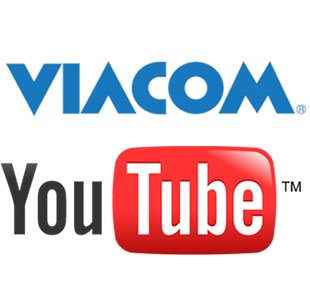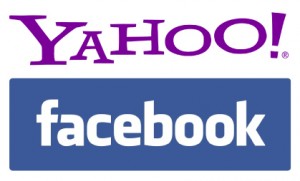 Lunch at Justia is a time reserved for scholarly legal debate. Our focus recently turned to the legality of parking a vehicle along an unmarked curb outside a local Chipotle. On a day when we thought the God of Parking was gracing us with his magnificence, any semblance of karma was purely illusory.
Lunch at Justia is a time reserved for scholarly legal debate. Our focus recently turned to the legality of parking a vehicle along an unmarked curb outside a local Chipotle. On a day when we thought the God of Parking was gracing us with his magnificence, any semblance of karma was purely illusory.
First, we pulled adjacent to the curb. From California Vehicle Code § 21458, we know the meaning of the following curb colors:
(1) Red indicates no stopping, standing, or parking, whether the vehicle is attended or unattended, except that a bus may stop in a red zone marked or signposted as a bus loading zone.
(2) Yellow indicates stopping only for the purpose of loading or unloading passengers or freight for the time as may be specified by local ordinance.
(3) White indicates stopping for either of the following purposes:
(A) Loading or unloading of passengers for the time as may be specified by local ordinance.
(B) Depositing mail in an adjacent mailbox.
(4) Green indicates time limit parking specified by local ordinance.
(5) Blue indicates parking limited exclusively to the vehicles of disabled persons and disabled veterans.
So, since the curb was not red, we were in the clear, right?
 Aerosoft GMBH, the German software company that makes the ‘Airbus X’ game, add-on program to Microsoft’s Flight Simulator, sued a host of unknown ‘Does’ in federal court, claiming the defendants engaged in copyright infringement via peer-to-peer (‘P2P’) file-sharing of plaintiff’s game.
Aerosoft GMBH, the German software company that makes the ‘Airbus X’ game, add-on program to Microsoft’s Flight Simulator, sued a host of unknown ‘Does’ in federal court, claiming the defendants engaged in copyright infringement via peer-to-peer (‘P2P’) file-sharing of plaintiff’s game.
 Here are some of the more interesting opinions issued this week, collected by our
Here are some of the more interesting opinions issued this week, collected by our  Lunch at Justia is a time reserved for scholarly legal debate. Our focus recently turned to the legality of parking a vehicle along an unmarked curb outside a local
Lunch at Justia is a time reserved for scholarly legal debate. Our focus recently turned to the legality of parking a vehicle along an unmarked curb outside a local  The Second Circuit overturned the conviction of programmer Sergey Aleynikov, who was found guilty of violating the National Stolen Property Act (
The Second Circuit overturned the conviction of programmer Sergey Aleynikov, who was found guilty of violating the National Stolen Property Act ( Our
Our 
 Facebook’s and Mark Zuckerberg’s lawyers told a federal court yesterday that
Facebook’s and Mark Zuckerberg’s lawyers told a federal court yesterday that  Facebook filed its answer and counterclaims against Yahoo! today in the Silicon Valley patent battle between the social networking giant and the fading portal.
Facebook filed its answer and counterclaims against Yahoo! today in the Silicon Valley patent battle between the social networking giant and the fading portal.